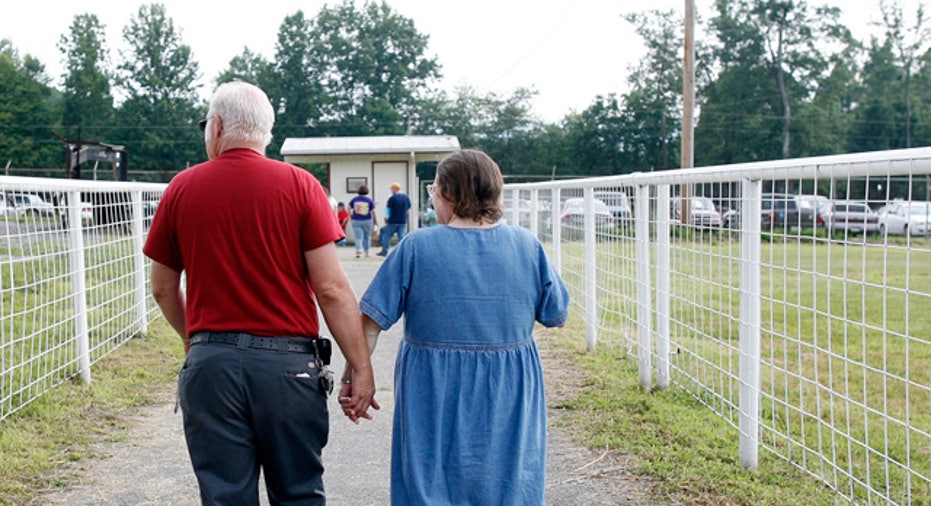Will Rich Man's Old Debts Hurt His New Loan?

Dear Debt Adviser,
Twenty-eight years ago, I defaulted on a student loan but paid it in full 25 years ago. Twenty-three years ago, I defaulted on a car loan, and 10 years ago I went into collections/judgment on a personal loan but paid it in full. Otherwise, I have perfect credit -- 790 credit score, no debt and a $200,000-plus annual salary for the past six years. I would like to buy a rental property, and this is my first home loan. How will my forgiven/paid-in-full old debts affect my ability to obtain a good interest rate loan?
- Phil
Dear Phil,
This is your lucky day! For you, it's clean slate time. Thankfully, most of our past financial mistakes do not follow us for eternity or even for decades -- typically just for seven to 10 years. Based on your credit score of 790, which, if it is a FICO score (300 to 850), is in the top range of possible scores, your old debts are no longer being reported on your credit reports. However, it is always a good idea to check your credit reports before seeking a mortgage, car or other loan to be sure your credit is reflected accurately.
Mistakes do happen, and out-of-date items can sometimes remain on reports longer than they should. The rule is that negative credit history on a debt is reported for seven years from the date of delinquency that resulted in the debt being charged off or paid. Letting seven years (or even a decade in some cases) pass should have caused most negative reporting to drop from your reports years ago. If you had a Chapter 7 bankruptcy, it would have been reported for 10 years, and if you hadn't paid your student loans back, they would have been reported forever.
You are entitled to a free copy of your credit reports every year from each of the three major credit bureaus. You can get your reports at AnnualCreditReport.com. Should any of your old debts appear on your credit report, you want to be sure to dispute the item(s) with the bureau that is reporting them stating the reason that the debts have passed the reporting time frame (typically seven years from the date of first delinquency). Do this well in advance of applying for your loan so you have the time to make the dispute and then follow up if need be. Typically, six months should be more than adequate to get rid of your old debts, but that's an outside number. It is hoped in your case there won't be any problem.
So, the good news is you should qualify for the best interest rates available for your mortgage loan on your rental property. And since you wrote in, it gives me the opportunity to give you some additional -- albeit unsolicited -- advice. I would encourage you to develop a spending plan if you don't already have one. I want you to know for sure how much you can comfortably afford to borrow for your rental property purchase and not have to rely on a bank's generic allowable debt percentage ratios. Due to the nature of the investment, you will likely expect rental income to cover a portion of the mortgage and insurance costs. But you'll need a cash reserve to help make payments during any tenant lapses that will occur and for unexpected repairs.
Even better would be to borrow only what mortgage amount you can afford to add to your monthly expenses based solely on your personal income. Then, you would not be in a financial bind if it takes longer than expected between tenants.
Good luck!
Bankrate's content, including the guidance of its advice-and-expert columns and this website, is intended only to assist you with financial decisions. The content is broad in scope and does not consider your personal financial situation. Bankrate recommends that you seek the advice of advisers who are fully aware of your individual circumstances before making any final decisions or implementing any financial strategy. Please remember that your use of this website is governed by Bankrate's Terms of Use.



















